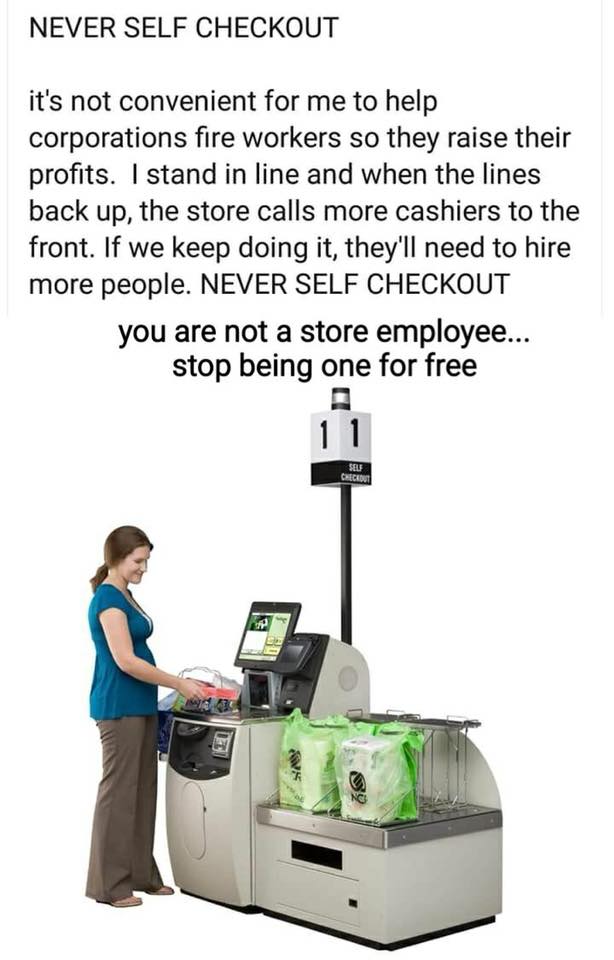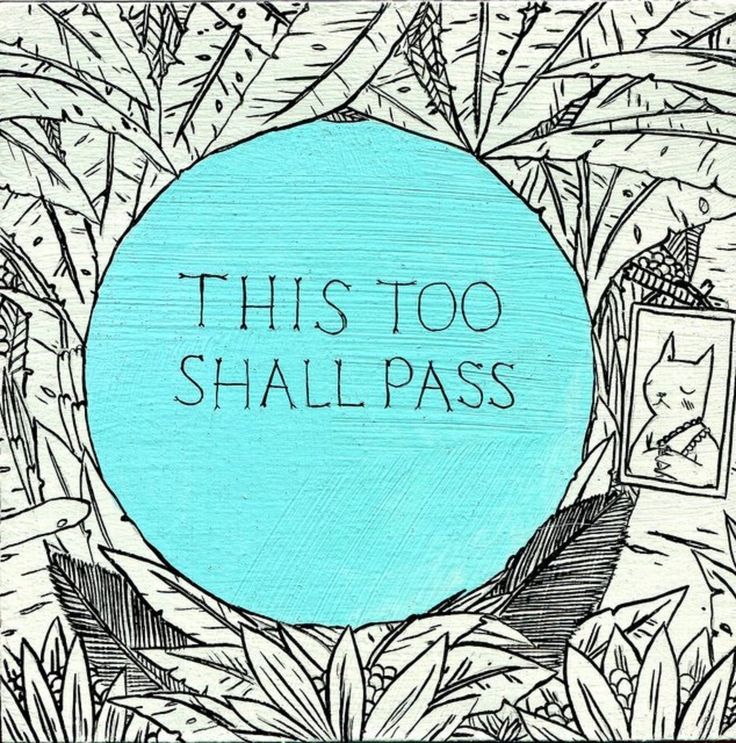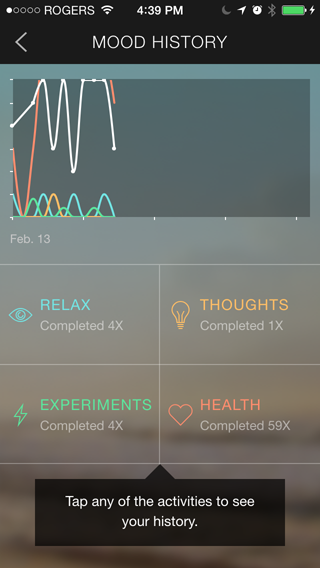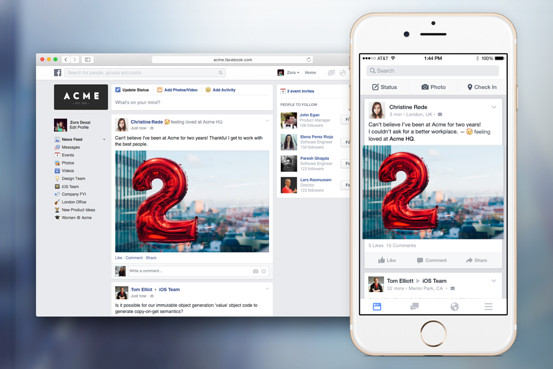Tagged: technology
Some unpopular thoughts about automation
- by Alyson Shane
Earlier today Tony shared this image on his Facebook and asked: "am I really part of the problem?"

And I've been thinking about this image and comment and concept and here's what I think:
No, you aren't part of the problem. None of us are.
Here's why:
We live in a society guided by principles of capitalism, which means that our economic model rewards businesses who can keep costs low and profits high.
And you know what costs a lot? People.
The median salary for a bagging clerk in the US. is $7.25 - $10.00/hr, which means the average bagging clerk makes $15,080.00 annually to start.
A self-checkout machine, on the other hand, costs an average of $125,000, which means that a grocery store can make a one-time purchase equivalent to the annual salary of 8.28 bagging clerks.
These bagging clerks, mind you, need to be paid their hourly wage regardless of how productive they are. Most will take time away from work at some point (sick time, family leave, vacation time, etc.) They may also need health benefits. Depending on where you live (I'm not great with U.S. business policy so forgive me) employers also need to pay federal taxes towards unemployment benefits for each employee.
Even if a self-checkout machine sits unused for an entire business day, it doesn't matter because the company has already made a one-time investment in the machine, meaning they don't have to pay it for doing nothing. Sure, the machine may break down from time to time but the cost of repairs is still significantly lower than supporting 8.28 people's salaries and additional costs.
Long story short: a one-time investment in a self-serve checkout machine eliminates the ongoing costs of having multiple bagging clerks. It's cheaper and more economical for companies to invest in machines and automation because our economic model rewards fast and cheap.
"Duh, Alyson!" I hear you saying "I know how capitalism works."
Which is all well and good, but when we start getting into the business of discussing how someone's livelihood is being automated away before our eyes, people start throwing around words like "unfair" and "irresponsible" and "cruel" which misses the point entirely.
Here's why: low-skilled jobs are going away whether we want to face it or not.
In fact, automation is expected to eat away at 1/3 of low skill jobs by 2022.
That's only 4 years away, folks, and automation hardware and software is becoming cheaper every day, which means companies that have a business incentive to keep costs low (like we discussed earlier) are going to keep replacing bagging clerks and other low-skill jobs until - guess what - they're basically gone from first-world countries.
It's not "cruel" to look at the facts pragmatically and say "this job is going to be automated away."
It's not "unfair" for low-skilled workers to be replaced by cheaper and more efficient methods because that's how technology, progress, and capitalism all operate.
It's not "irresponsible" to accept that fact and choose to advocate for social support systems like a basic guaranteed income, worker re-training programs, and other services instead.
You know what IS irresponsible?
Pretending like a future that is basically at our doorstep isn't coming and blaming "evil corporations" for replacing low-skilled human workers with automated machines that yield a higher ROI, and acting like choosing a bagging clerk over a self-checkout machine makes even the tiniest bit of difference in the long-term.
It doesn't, and it isn't going to.
So how can we handle this transition responsibly?
Having frank discussions about what automation means for people who can't compete in the labour market because they can't learn high-skilled job functions like the elderly or people with disabilities.
Having honest conversations about how our society treats people who aren't able to work because their jobs are being automated away, and how we can implement a social safety net that allows them to lead rich, safe, and fulfilling lives.
Having real dialogues about the damage that the perception of "job = worth" has on how we react to a changing job market that - sorry to say - is never going back to the way it was.
Because a lot of people are going to be out of work really soon, and more people will lose their jobs to automation in the coming years and find themselves permanently unemployed because they don't have the skills, training, or education necessary to fit into a job market that's becoming increasingly specialized. No amount of "choosing cashiers over machines" is going to change that.
So we can keep pointing the finger pointing at "evil" corporations and placing blame, or we can have some grown-up discussions about what life is going to look like for all those people who don't have the skills to compete in the job market.
Does that sting to hear? Sure.
Is it harsh? Absolutely.
But you know what's also generally pretty harsh?
The truth.
And we're not doing anyone any favours by ignoring it.
Managing My Anxiety with Pacifica
- by Alyson Shane

Many of you know that over the past while I've been trying to take positive steps to start tackling the stress and anxiety that I deal with in my day-to-day life. Part of that has been creating positive dialogues by sharing my experiences, and recently it's involved using an app called Pacifica.
I'd never really considered using an app to manage my anxiety, but after John mentioned it and sent me a link to their webpage, I figured "why not?" Since then I've been using it daily and have really been noticing a change in my mood and my anxiety levels.
Basically the app provides you with tools to work on mindfulness and to track your moods and activities over time, which attempts to paint a picture of the kinds of behaviours that can increase or decrease anxiety and stress.
There are five daily tasks: Mood, Relax, Thoughts, Experiments, and Health, though when you use the free version (like me, I'm cheap) you only get access to three a day. Honestly though this is more than enough.

There are two things about this app that I liked enough to sit down and write a review, one of which is the little push notification. Usually I hate them, but there's something sort of soothing to look down at your phone and see a message that says "how are you feeling?" - even when I know it's coming from an app, it makes me stop and think.
This also works well because once I see the push notification I go right into the app and input my Mood, which means that I don't just use it when I'm feeling good or bad, which would skew my ability to figure out if I'm making progress.
The other is the Thoughts feature. I used this for the first time the other day after a particularly stressful experience.
Basically the feature has you record your thoughts out loud, then it plays the recording back to you and asks you to identify positive and negative statements.
When you identify a negative statement, it displays leading questions which force you to think about why you felt that way, and why you expressed it the way that you did.
Once you've listened to it once (or more times if you need) the app has you re-record your thoughts on the issue: was it as bad as you thought? How could you change your thinking patterns moving forward? etc.
I really struggle to do this in the moment and while it was a bit weird to talk out loud when nobody else was around, hearing myself played back and thinking critically about the statements that I heard myself making really, really helped.
The app does other stuff, too, like helping you track how much you sleep, how well you ate, how much exercise you got, etc, but this was the most influential tool that I've used so far.
I really find that managing my day-to-day stress and anxiety levels can be a challenge, and having an app has really helped me be more mindful of my choices and it's helpful to go back to a particular day and be able to say "yeah, I handled that really well" or "I could have done better, what can I improve on?" and see that progress over time.
What about you - do you have any app recommendations for managing anxiety? I'd love to hear them!
Talkin' Tech: Facebook at Work
- by Alyson Shane

Back at the office and real life after three awful days of the flu. Feels good to be eating solids again! Currently inhaling a turkey & cranberry wrap from Diversity Foods. Amazing.

Been reading heaps today about Facebook's new Facebook at Work App but am unsure about how I feel about it. I use Google Drive both personally and professionally and am really happy with it.
Plus Facebook at Work doesn't offer document sharing between profiles or in groups (yet) which is a big dealbreaker for me.
It's smart of Facebook to start really targeting a more professional (read: adult) audience since from everything I've read young people aren't really gravitating to it and using it as their main social platform anymore, but the idea of having separate work/personal Facebook accounts seems a bit cumbersome IMO.
Also, there's already everyone's favourite (sigh) professional network, LinkedIn, and I already consider updating my LinkedIn to be enough of a hassle that yet another profile to manage and toggle between grates at my nerves a bit.
Though Facebook seems to be focusing on chat and Groups and less on showcasing online resumes, LinkedIn is apparently considering integrating a chat feature sometime in the future and is going to be releasing tools to make it easier to connect with co-workers this quarter, so it looks like it might be moving towards a more social experience than just trolling through other people's work histories.
I don't know, while the whole " no ads & no tracking user data" is appealing, it would take a lot for me to move away from Google Drive, Skype and the myriad of other social networks that I already frequent for my professional work.
It doesn't really matter anyway, because it's not available for us plebes at the moment and Facebook is still testing well into the forseable future.
Right now, though? I'm happy keeping my Facebook use the way it is: as a distraction from my work, not as an integral part of it.
What about you?
